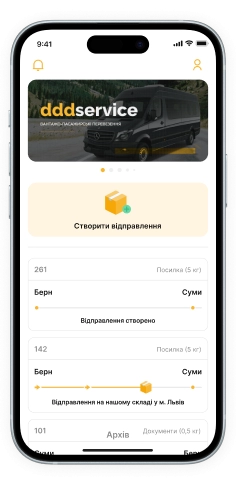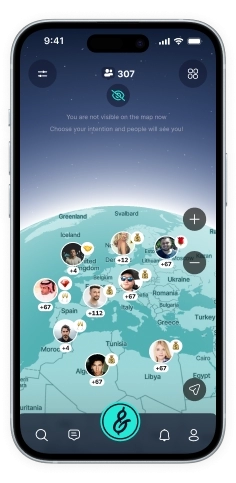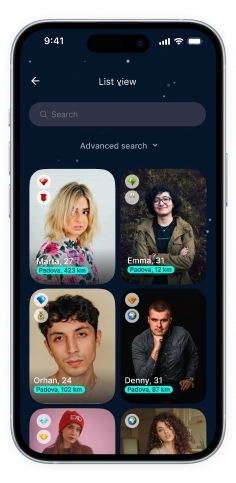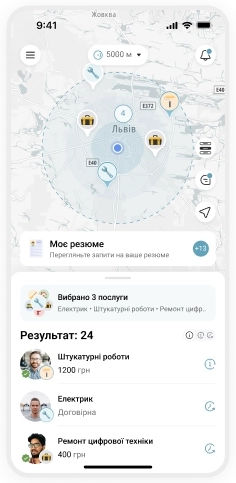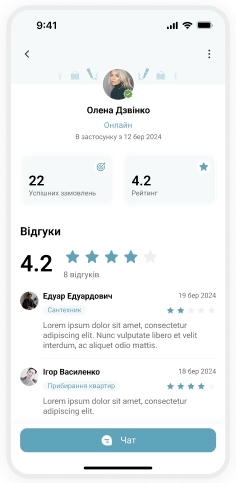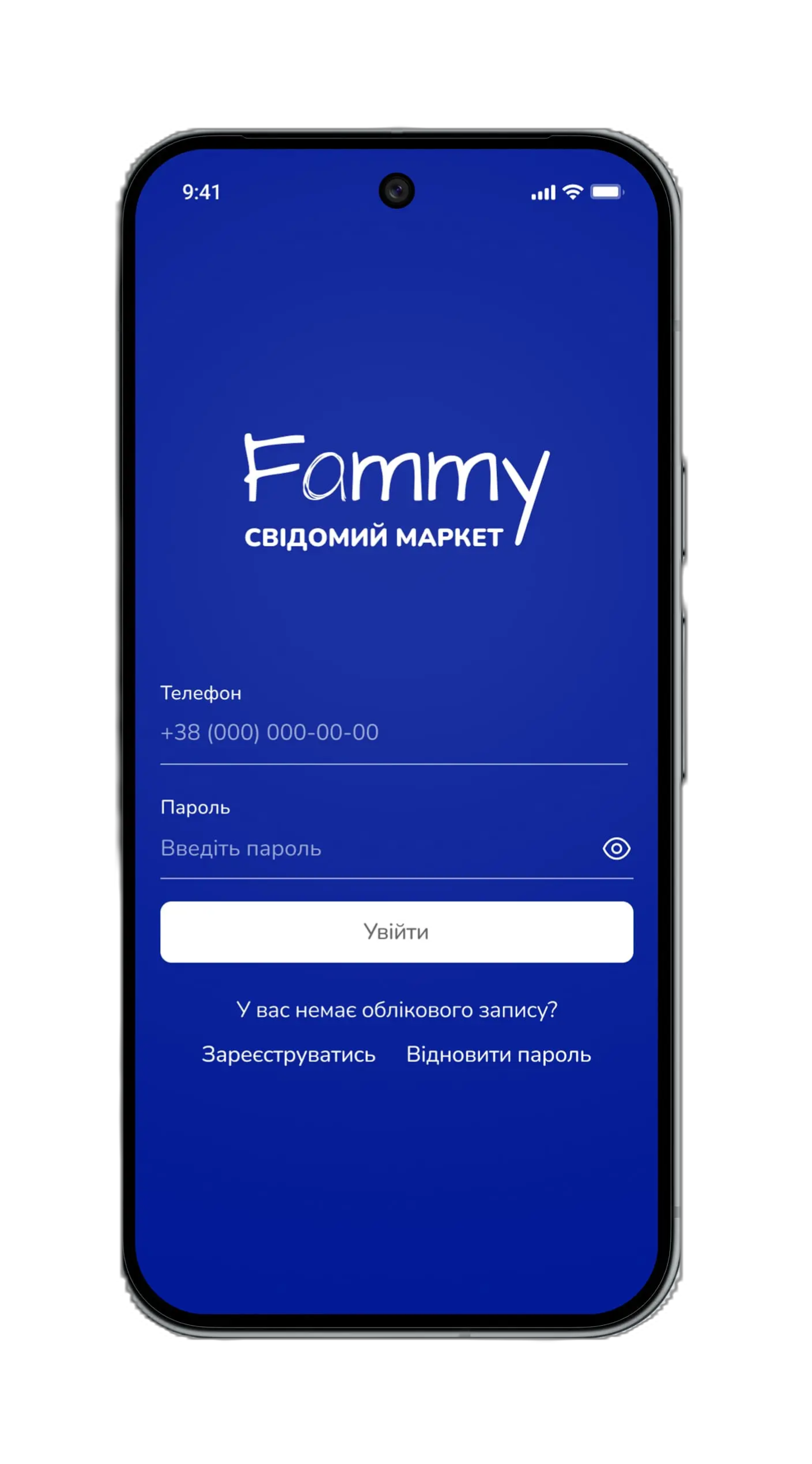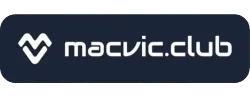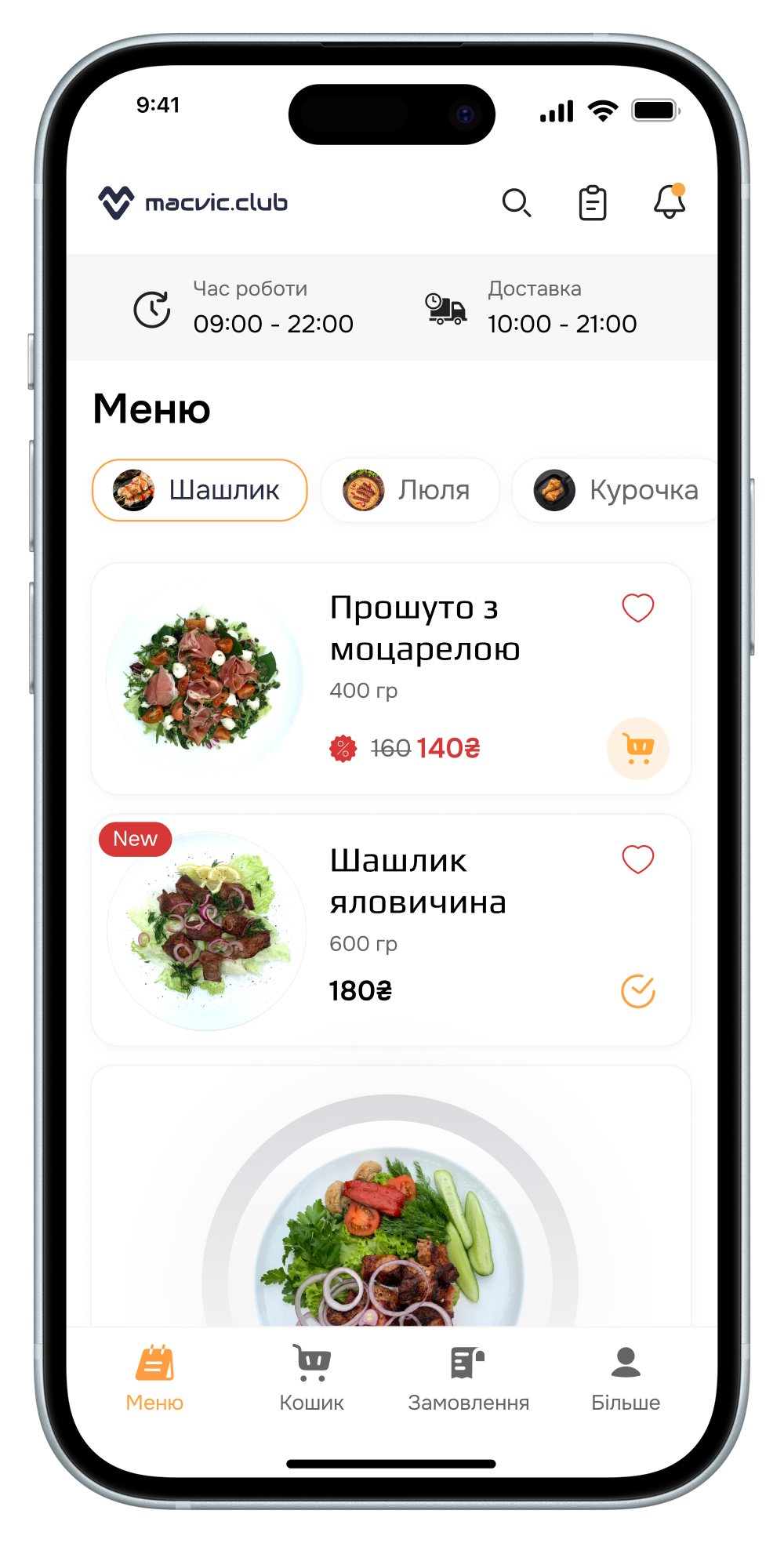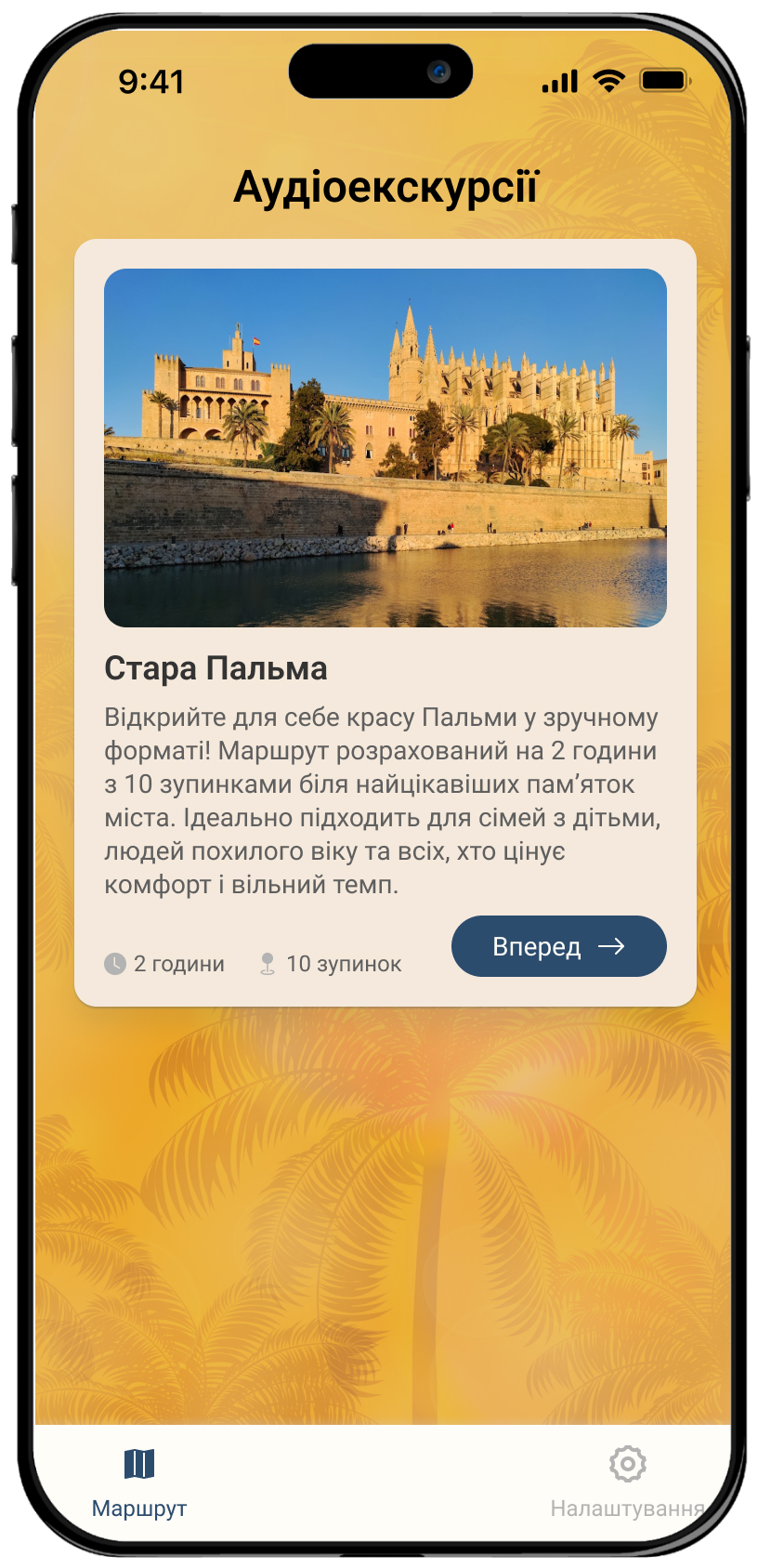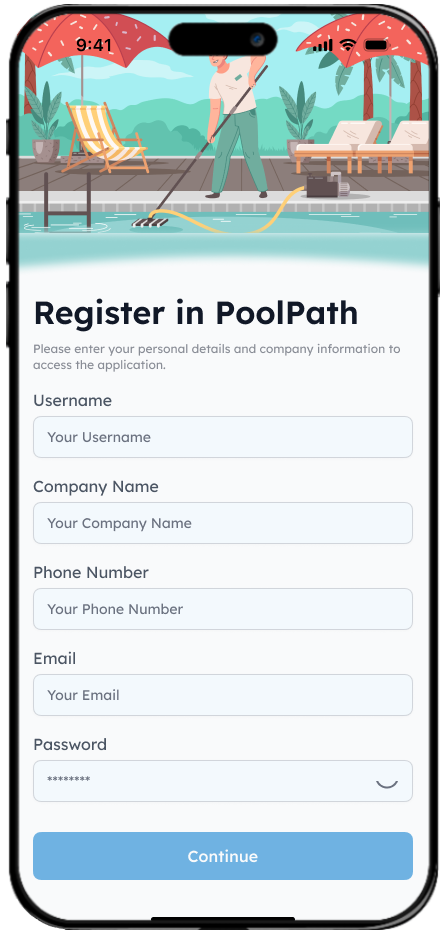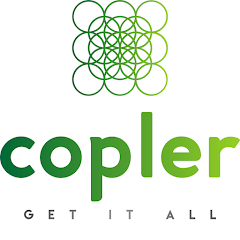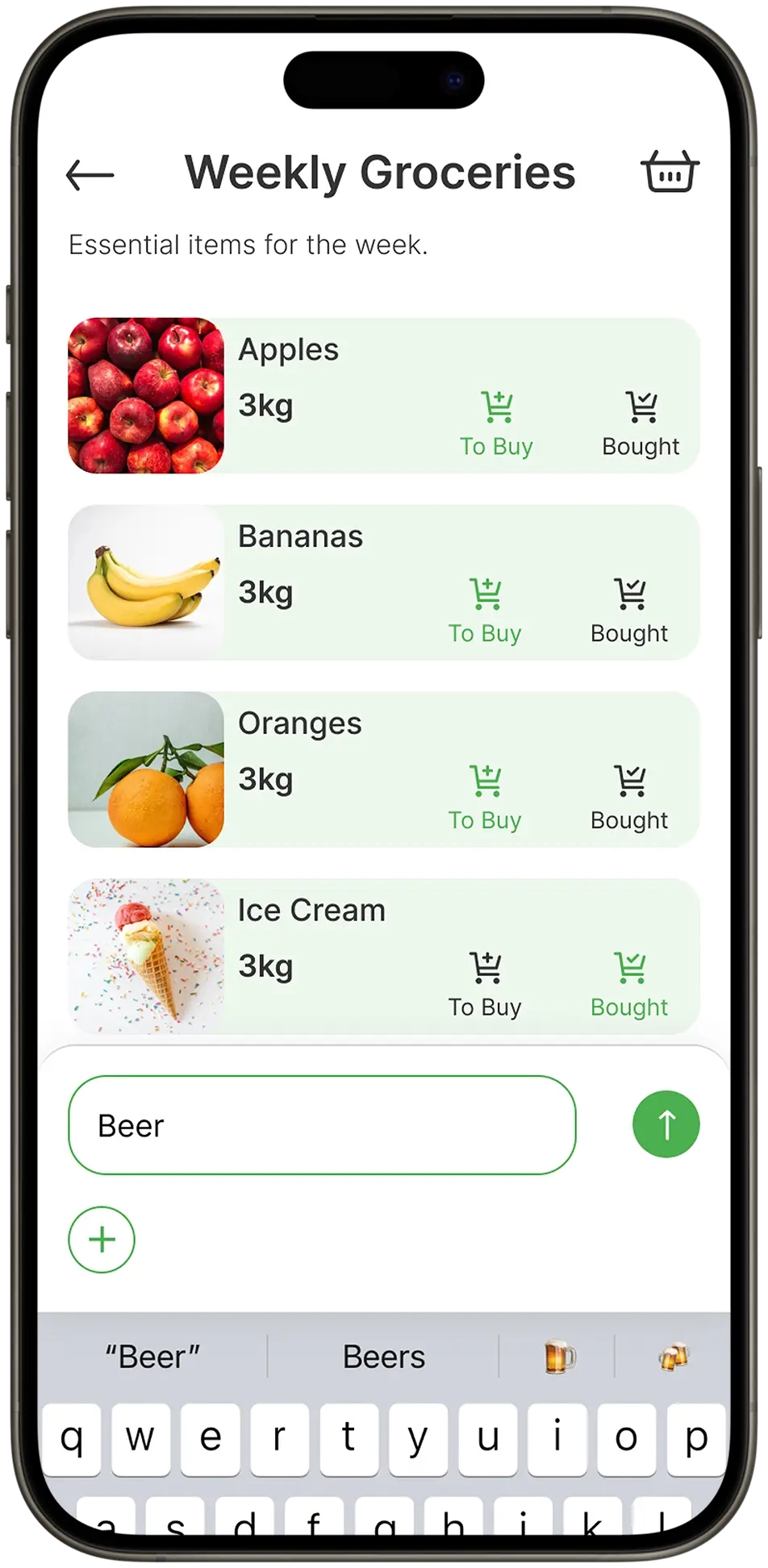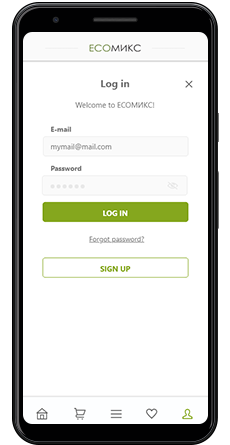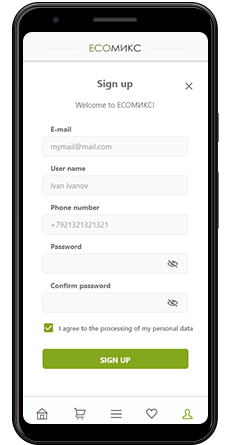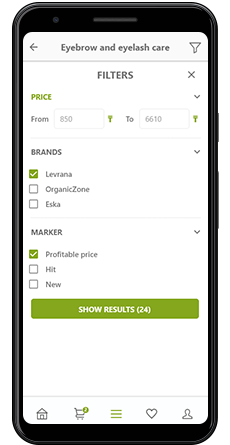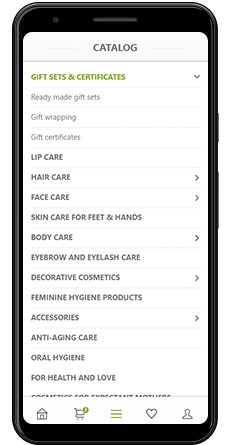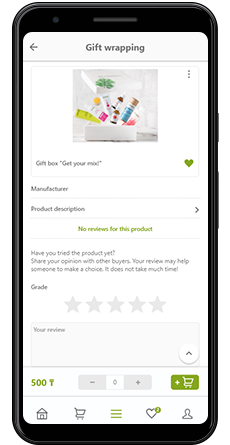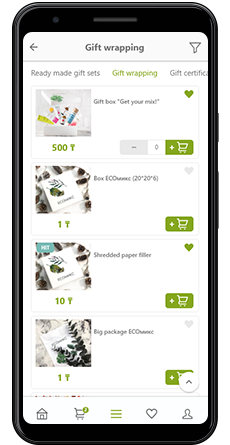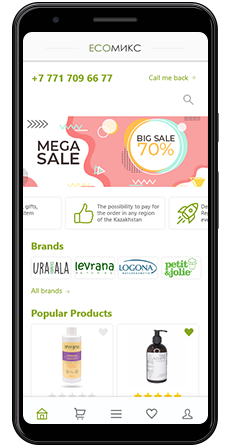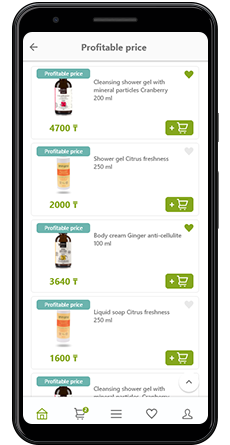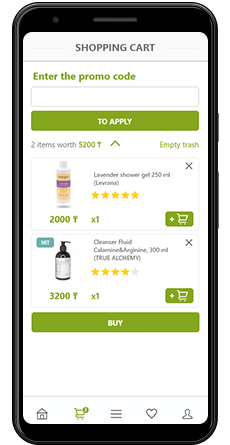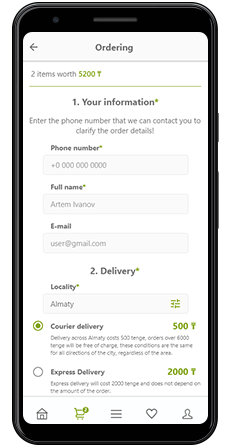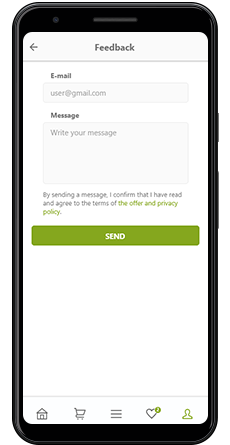Development of applications for transport to order
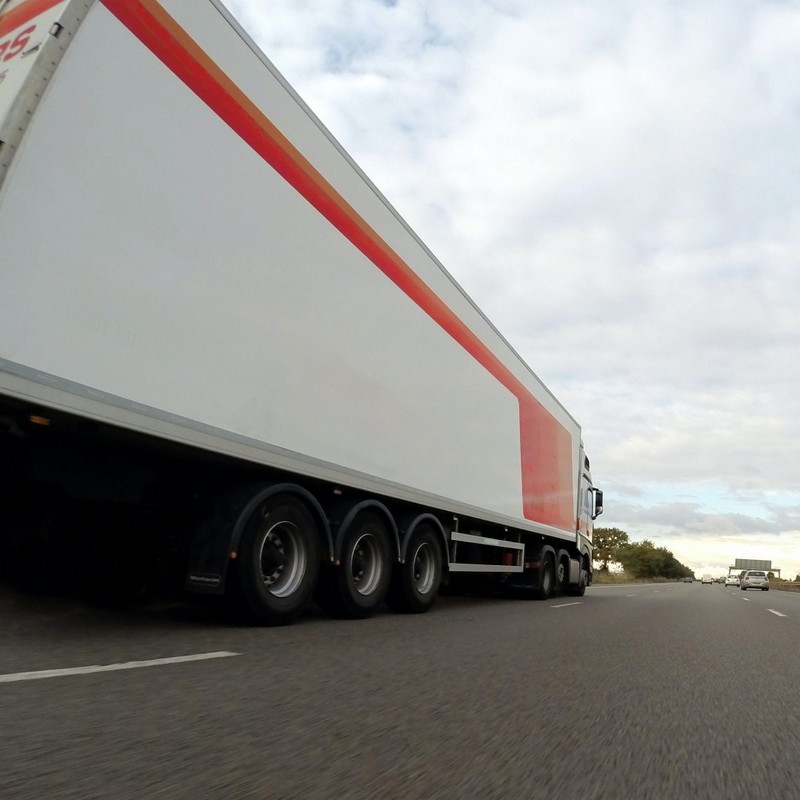
The transport business is a huge undertaking, with constant communication between customers, contractors and intermediaries, constant monitoring and strict accounting of many operations. We can solve all these tasks with the help of a mobile application.
How we build transport applications:
- We analyse the specifics of the company’s work, based on which we create a unique product for our client’s business.
- We combine functionality for all workflow participants in one application – for example, drivers, passengers and administrators. Each has their own functional panel with the desired level of access.
- Before development begins, we approve the terms of reference and sign the contract so that the client has all the necessary guarantees.
- By additional agreement, we provide services to promote the application, advertising, technical support and regular release updates.
Types of mobile applications for transport and logistics
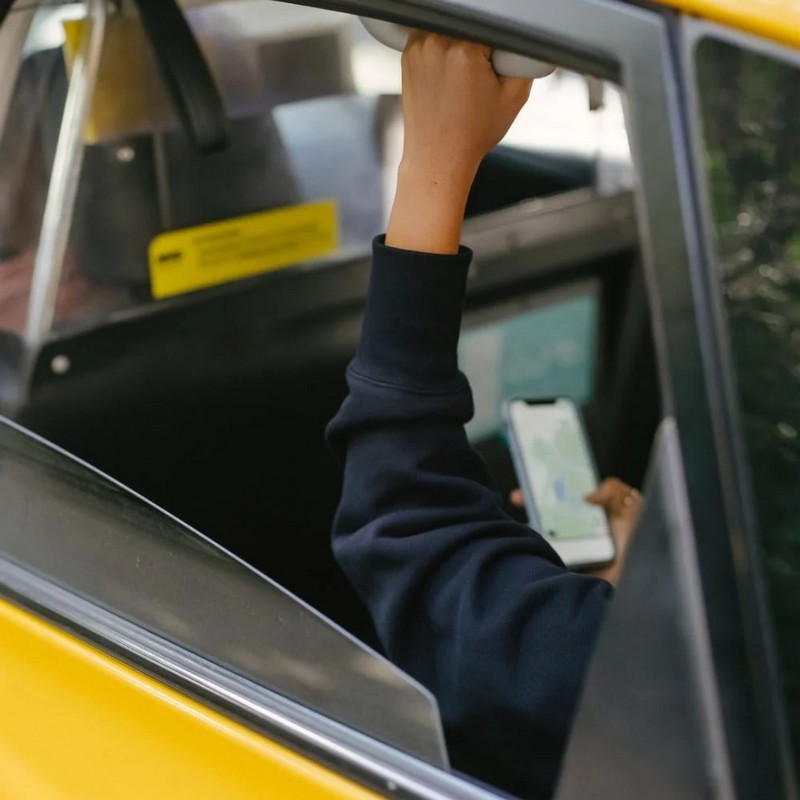
The main goal of creating a mobile taxi application is to fully automate the operation of the service. Drivers and passengers register and use the functionality through their accounts. The administrator manages the system through a convenient admin panel.
Options for passengers:
- Vehicle search, selection of additional features (vehicle class, air conditioning, etc.);
- Book and cancel a trip;
- Automatic location of passenger and vehicle;
- Route creation, automatic fare calculation taking into account discounts;
- Choice of payment method, various forms of online payment;
- Save trip history, accumulate bonuses;
- Follow a journey on a map using GPS in real time;
- Ability to see the driver’s rating, rate the journey and write a review;
- Communicate (chat) with the driver in the application, receive push notifications.
Driver functionality:
- Notification of new orders, orders with precise driving conditions;
- Calculation of the best route using a GPS navigator, automatic price calculation;
- Statistics on trips, income, fines and bonuses;
- Communication with the passenger in the application (call or message), location of the passenger.
Functions for the administrator:
- Tracking the location and movement of vehicles;
- History and statistics of active and completed jobs;
- Drivers on and off the road, income statistics;
- Online user support.
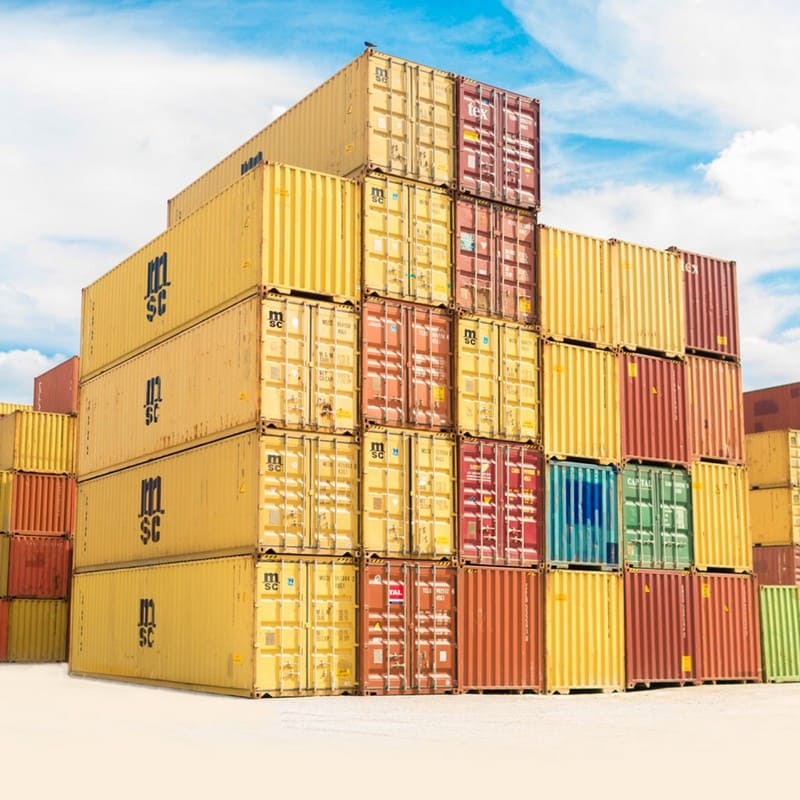
Mobile applications for freight transport, delivery and logistics automate the organisation, accounting, trip control and movement of goods. Creating a freight application solves important practical problems:
- Tracking shipments in real time;
- Processing and receiving online orders;
- Calculating the cost of services;
- Tracking order status;
- Warehouse management;
- Catalogue of vehicles, schedules, routes and technical condition;
- Push notifications to customers and drivers;
- Navigate, create and track routes;
- Control fuel consumption, detect deviations from the route;
- Fines accounting;
- Control of vehicle maintenance;
- Control of the work of couriers and freight forwarders;
- Automate workflow, generate invoices;
- Managing and accounting for the transfer of goods;
- Providing employees and customers with the necessary reference information;
- Feedback between all parties – customers, drivers, managers and administrators.

The passenger transport booking application can operate in two formats:
- Booking services from a transport company. Passengers buy tickets and book trips online in a transport company’s application.
- Ticket marketplaces. Such applications combine the services of different airlines on one platform.
The functionality of the mobile travel booking service includes
- Itinerary, timetable;
- Search by various parameters;
- Filtering and sorting of tickets, route map;
- Online seat selection form;
- Secure online payment form;
- Automatic generation of online tickets with QR code and receipt;
- Bonus system, push notifications.
Stages of developing mobile applications for transport
The development of mobile applications for logistics companies, taxis, carriers, and transport tracking is a multi-stage process in which a team of front-end and back-end developers, project managers, designers, and testers works. How we are working:
We analyse the specifics of the business - what the company does, what the application will do, and what the audience wants. We look at similar products from competitors and identify their strengths and weaknesses. We eliminate mistakes and fix successful solutions to make the application better.
Together with the client, we think about the functionality of the client part and the admin panel. We define the detailed structure of the application in the terms of reference and a list of options and available features.
Once the terms of reference have been agreed, we assess the final cost, determine the actual development time, enter into a contract and start work on the project. We develop in accordance with the terms of reference and contract.
We create the UX/UI design and ensure the comfort and ergonomics of the application interface so that any user can quickly understand the application and use all its features. Before programming, we create a prototype to test a 'live' interface.
We develop the architecture of the application and carry out the programming. We create an administration panel and platforms for drivers, passengers, logisticians, traffic controllers, etc.
Before launch, we conduct tests to eliminate bugs and errors. The client can order additional services - publishing in App Store and/or Play Market, ASO optimisation, promotion, advertising and other methods, technical support and release of updates.
TECHNOLOGIES
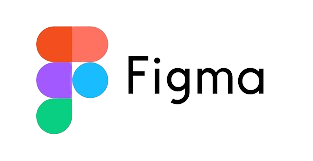

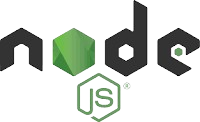


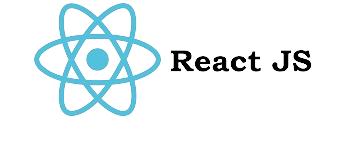
The cost of developing a mobile application for transport
How much does it cost to develop a taxi, logistics and freight transport application? The price varies significantly depending on the complexity of the application:
 Functional complexity
Functional complexity
The cost of development depends on what features will be available to users and what tasks the application will solve.
 Design
Design
Applications for corporate use are created in a minimalist design, while more expensive interfaces with original design elements are created for commercial projects.
 Platform
Platform
The price depends on the operating system of the application - iOS, Android or a cross-platform hybrid application.
 Additional services
Additional services
At the customer's request, the price can include additional services - promotion, advertising and technical support.
Order application development
attract more target audience?
Mobile application will help you achieve these goals!
Order a mobile application for cargo transportation, logistics, and taxi
An application will have several functional panels with different interfaces: for drivers, passengers, operators, administrators, etc. This list is created individually for each project, depending on the work of the transport company. The application is a platform through which customers order services, drivers complete orders, and administrators control and track trips.
We analyse the characteristics of your company, study your business processes and determine the real needs of your audience - and only then we design the optimal functionality of the application. You get a tool that solves 100% of your company's tasks, and you do not have to pay over the odds for extra options.
Our pricing policy is fair and we produce high quality products in a short time. How do we do it? We optimise and properly organise the work of each team member and, of course, use the latest solutions in mobile development (technology stack: React Native, React, Node.js).
We offer our clients professional technical support, advertising and search promotion. By ordering these services from us, you can be sure of the success of your mobile application.
We build products that can easily scale, add new functionality, change structure and redesign. As your business grows, your mobile application will improve. You can start with minimal functionality, test the application, draw conclusions, and then expand and improve it to meet your business needs.
Take the first step towards creating a mobile application - complete a brief or request a quote. Our team is open to communication; we are always happy to answer your questions, discuss project details and provide professional advice.
Fill in the briefWHY PEOPLE CHOOSE KITAPP
TAXI APP COST CALCULATOR
Platform
REGISTRATION AND AUTHORISATION
User registration in the mobile application can be required or optional. To register, the user enters personal details or logs in via social networks. Enabling the additional verification option via SMS or email increases login security.
For further authorisation, the user can use the login and password provided during registration or log in via the social networks.
CATALOGUE OF GOODS OR SERVICES
A product or service catalogue can include
- different directory levels – subcategories,
- Product or service map,
- Catalogue search,
- Filtering and sorting by various parameters for easy selection.
SCREENING OF GOODS, SERVICES
The product card can contain various parameters and functions:
- Images, image gallery,
- price, advertising costs,
- Description and features,
- Product rating,
- User reviews.
PROMOTIONS AND NEWS
Promotions and news can be displayed as a list or on separate screens, depending on the specifics of the application. You can integrate push notifications to inform users about news or current offers of discounts and promotions. We can develop a loyalty system to increase the audience’s interest in systematically using the services.
ORDERING GOODS AND SERVICES
Ordering goods and services can be implemented without paying for further order processing by a manager, for example, or with integration of the Liqpay payment system or another payment service by agreement. Connected push notifications will inform the client about the receipt of payment and other order processing. The functions of the user’s personal account can show the history of orders and payments, communication with the manager of the application, the possibility of adding product items to the selected ones or favourites, and other options by agreement.
COMMUNICATION
For effective communication with the public and customer support, it is important to implement such tools as chat with a manager and online forms for sending complaints and offers. The history of chats with users and the list of requests, data on the processing of applications can be stored and tracked in the manager’s account.

